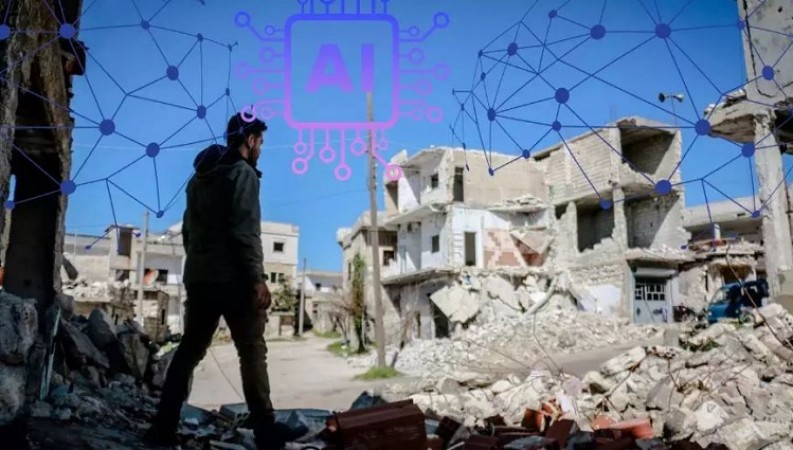
Artificial intelligence crafted by a team of researchers from the University of Texas at Austin has achieved a remarkable 70% accuracy rate in predicting earthquakes during an extensive seven-month trial in China. Leveraging cutting-edge technology, this AI system analyzed real-time seismic data leading up to previous earthquakes, offering hope in a field long considered elusive by many scientists.
During the trial, the AI diligently monitored the ever-fluctuating seismic activity, providing weekly forecasts. Impressively, it successfully forecasted 14 earthquakes occurring within 320 kilometers of their epicenters. The system's prowess was particularly evident in its ability to predict the magnitude of these impending seismic events. While there were eight false alarms, it missed forecasting only one earthquake, demonstrating a level of reliability that has long eluded researchers in the field.
Predicting earthquakes has historically proven to be a formidable challenge, often seen as an insurmountable problem. This trial, conducted internally in China as part of a competition, has yielded promising results. A comprehensive report detailing these findings has been published in the Bulletin of the Seismological Society of America. Sergey Fomel, a member of the research team, remarked, "Predicting earthquakes is the holy grail. We're not yet on the brink of predicting earthquakes worldwide, but our achievements affirm that what was once believed to be an impossible endeavor is, in principle, attainable."
Achieving a 70% accuracy rate in earthquake prediction is a significant milestone, as it has the potential to substantially mitigate both economic and human losses. Cities and towns can now better prepare for earthquakes, thanks to the AI model's straightforward approach, which has been meticulously trained on five years of seismic data and continues to refine its forecasts based on real-time seismic inputs. The researchers are confident that in regions equipped with more extensive seismic monitoring networks, the AI's predictive capabilities can be significantly enhanced. Notable regions for such improvements include Turkey, Japan, and the USA.
The researchers' future endeavors include conducting another trial run in Texas, an ideal testbed with its over 300 seismic stations and six years of continuous data. This new trial aims to validate and build upon the current results. Additionally, the team plans to integrate physics-based models into the technology, a step expected to further enhance prediction accuracy, particularly in regions where data availability remains a challenge. This breakthrough heralds a new era in earthquake prediction, offering hope and potential advancements in seismic risk mitigation worldwide.
Earthquake While Driving: If you feel earthquake shocks while driving, do this immediately